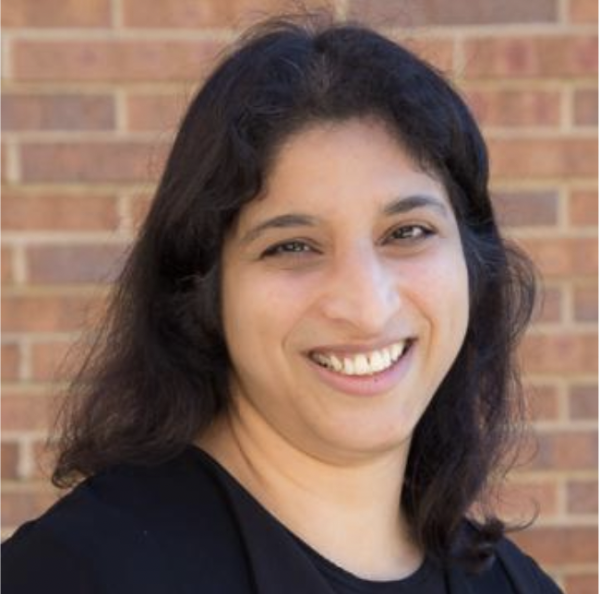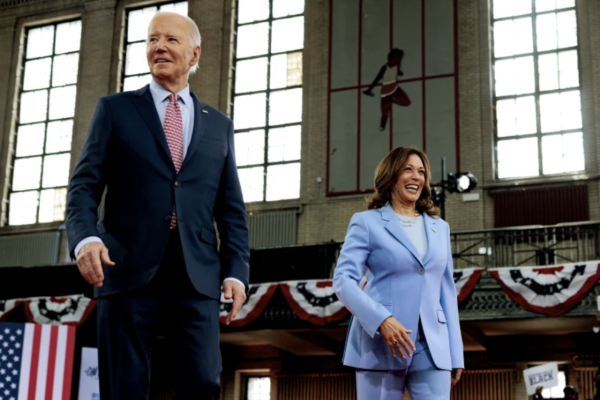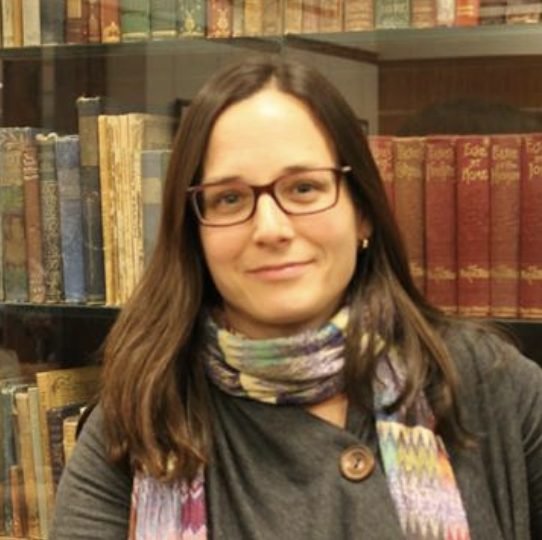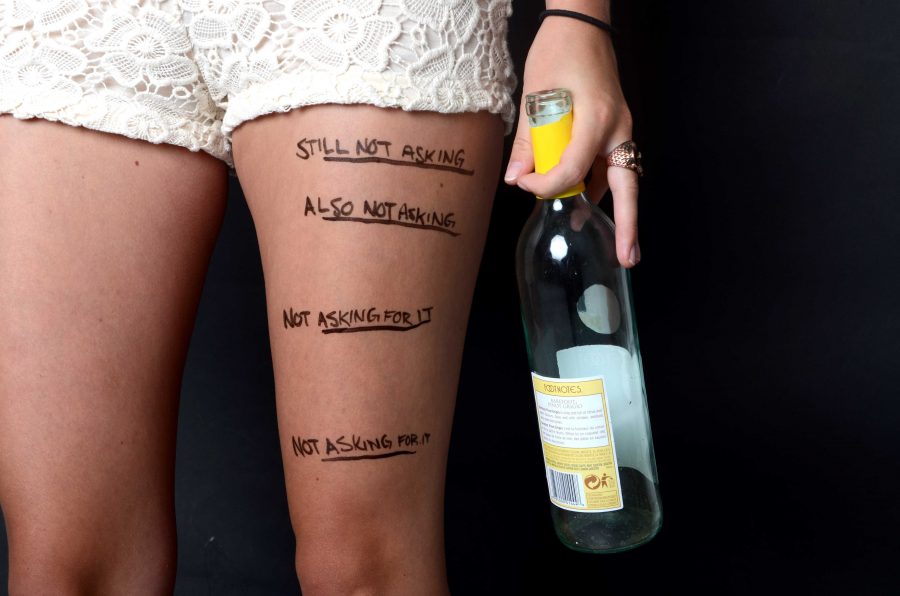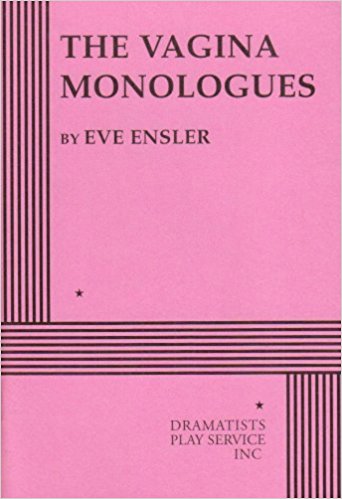By Kallie Gregg
Staff Writer
At the 36th annual Oscar Nominees Luncheon in Beverly Hills on Monday, Cheryl Boone Isaacs, President of the Academy of Motion Picture Arts and Sciences, continued this year’s trajectory of art and politics intersecting at awards shows.
“Each and every one of us knows that there are some empty chairs in this room, which makes us all activists,” Boone Isaacs said.

Boone Isaacs did not mention President Donald J. Trump by name, but her comments were clearly directed at the executive order which banned travel from seven predominantly Muslim countries.
Much has been written on the effects of the ban and the national response to it.
Protests sprung up across the country, with Boston protests occurring in Copley Square. At nearly every major national airport, attorneys gathered to offer pro-bono legal services to detainees.
It’s especially interesting to consider how this same spirit of dissent continues to present itself in Hollywood over the course of awards season, from the Golden Globes in January to the upcoming Oscars ceremony on Feb. 26.
A number of nominated artists are affected by the ban, and numerous others spoke out against it.
Dev Patel, a Best Supporting Actor nominee for his role in the film “Lion,” told the Associated Press that he’s decided “not to be quiet about how [he’s] feeling.”
“When I arrived back [to the U.S.] … I felt like I was entering a nightmare,” Patel said. “I’m really grateful to the people out there marching and standing outside airports and all the protesters.”
Other nominees will forgo the ceremony in protest of the order.
Iranian members of the cast and crew of “The Salesman,” which is nominated for Best Foreign Language Film, will not attend the Oscars.
Asghar Farhadi, the director, and Taraneh Alidoosti, one of the film’s stars, both announced they will not travel to Los Angeles.
In 2011, Farhadi was the first Iranian to win an Academy Award for his work on “A Separation.”
Whether he wins his second Oscar this year or not, he will not be there to accept it.
While Farhadi initially hoped to use the event as an opportunity to speak publicly about his politics, he decided to abstain after the implementation of the executive order.
“It now seems that the possibility of this presence is being accompanied by ifs and buts which are in no way acceptable to me even if exceptions were to be made for my trip,” Farhadi told the Hollywood Reporter.
Alidoosti, likewise, denounced the ban as “racist” and said she will not attend.
Another Iranian actress plans to be at the ceremony, though she is aware there is a chance she will not be allowed to enter the country.
Bahar Pars holds dual Swedish and Iranian citizenship, and stars in the Swedish nominee for Best Foreign Language film, “A Man Called Ove.”
“Standing there together and holding hands is a statement in itself,” she told the Associated Press last week.
Her statement is similar to the one emphasized by Boone Isaacs at the Academy Awards Luncheon.
“Art has no borders,” Boone Isaacs said on Monday. “Strong societies don’t censor art, they celebrate it. Borders cannot be allowed to stop any of us.”
Even if Farhadi, Alidoosti, and Pars are not present at the Oscars, their sentiments about the ban are likely to be echoed in the speeches of the winners.
At the Golden Globes and Screen Actors Guild (SAG) awards earlier this year, many speeches were political in nature, reflecting both a divided nation and an entertainment industry that is increasingly striving for progressivity.
Meryl Streep, in a lifetime achievement award speech at the Golden Globes, called for Hollywood to support journalists and a free press.
Mahershala Ali, while accepting the SAG for Best Supporting Actor in “Moonlight,” emphasized his own conversion to Islam.
David Harbour spoke on behalf of the cast of “Stranger Things” at the SAG awards and discussed the current political climate.
“We will get past the lies. We will hunt monsters,” Harbour said. “And when we are lost amidst the hypocrisy and the casual violence of certain individuals and institutions, we will…punch some people in the face when they seek to destroy.”
The mood at the Academy Awards on Feb. 26 will likely follow suit, especially if the chairs of artists like Farhadi are forced to remain empty.



